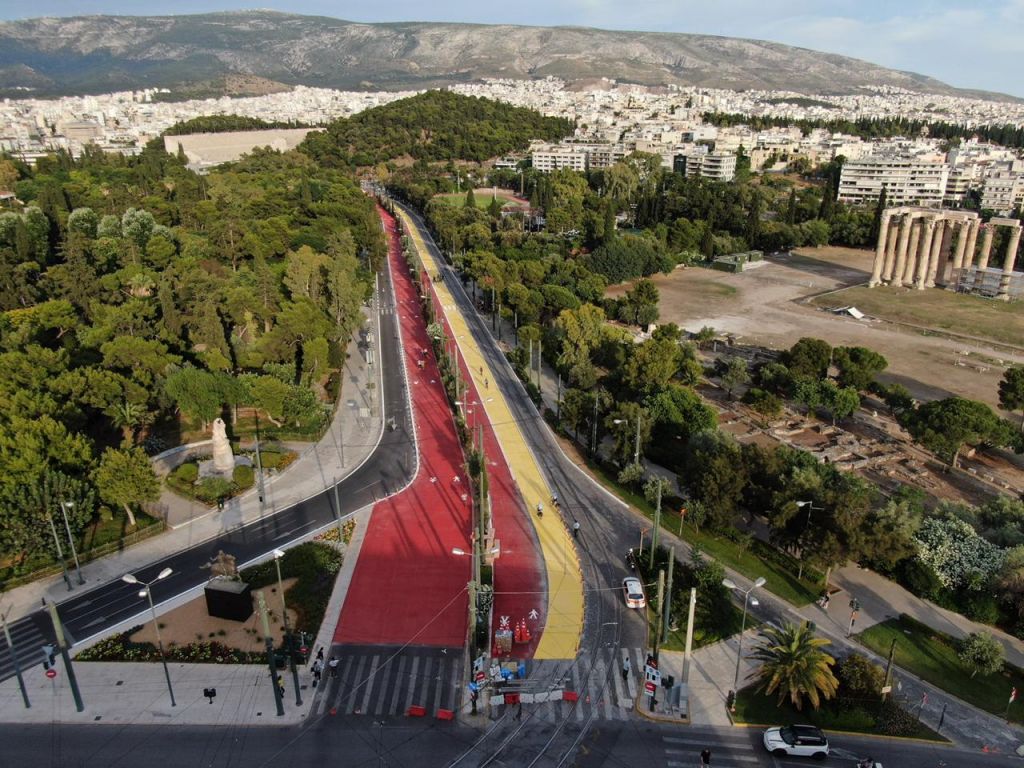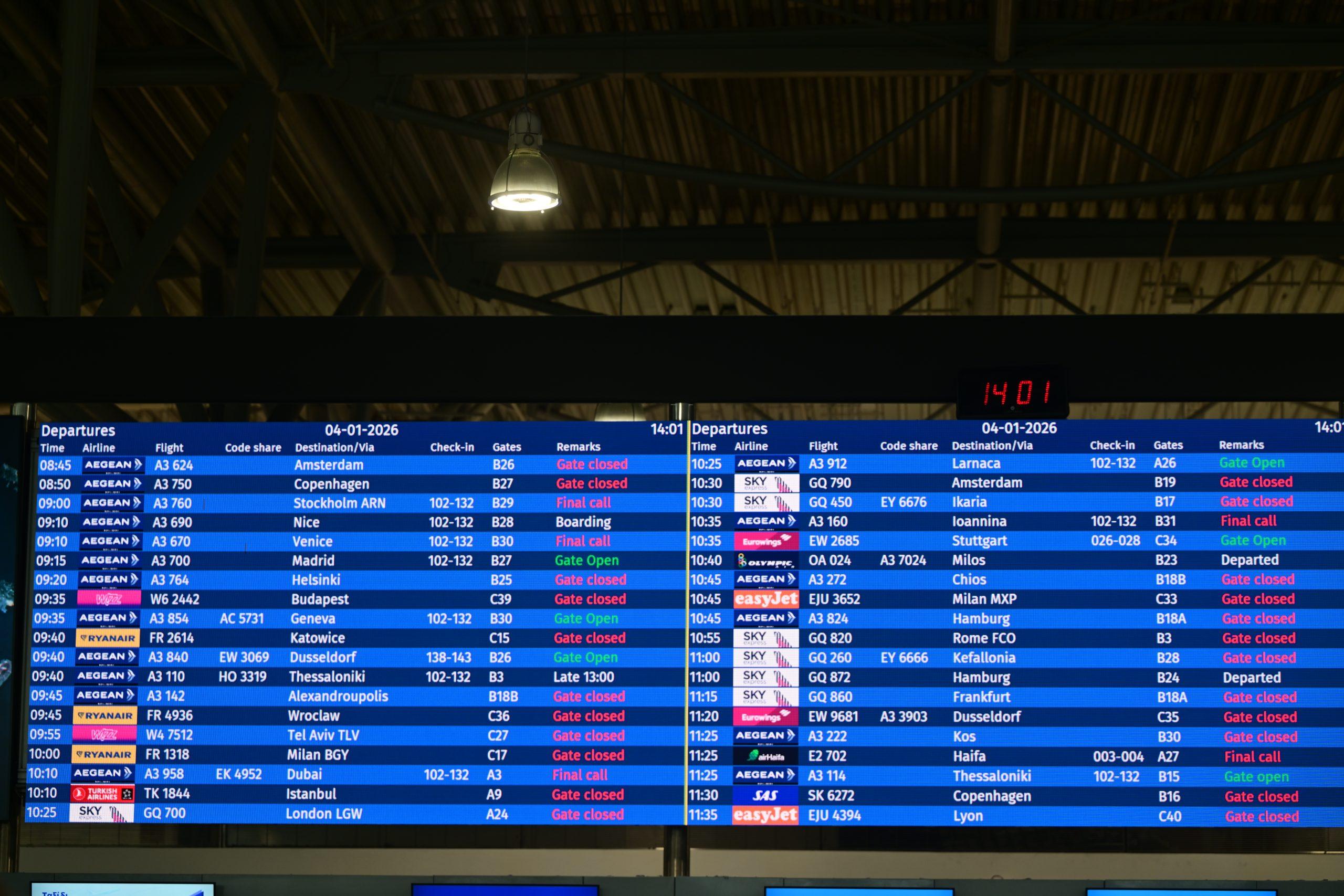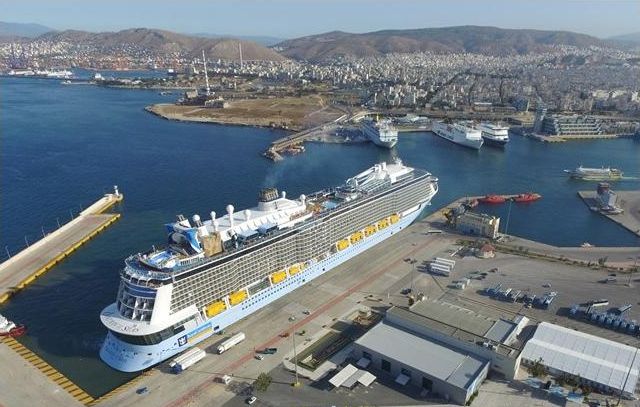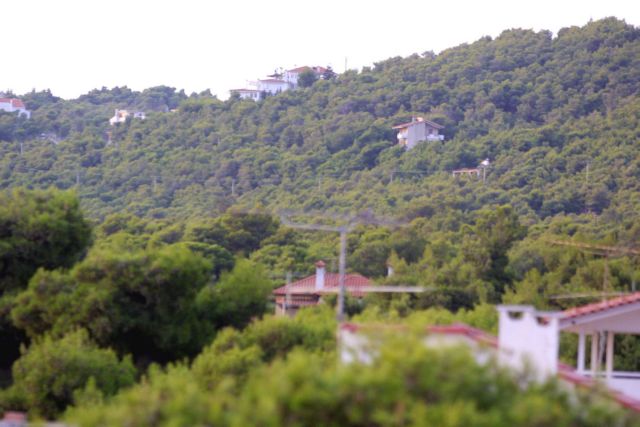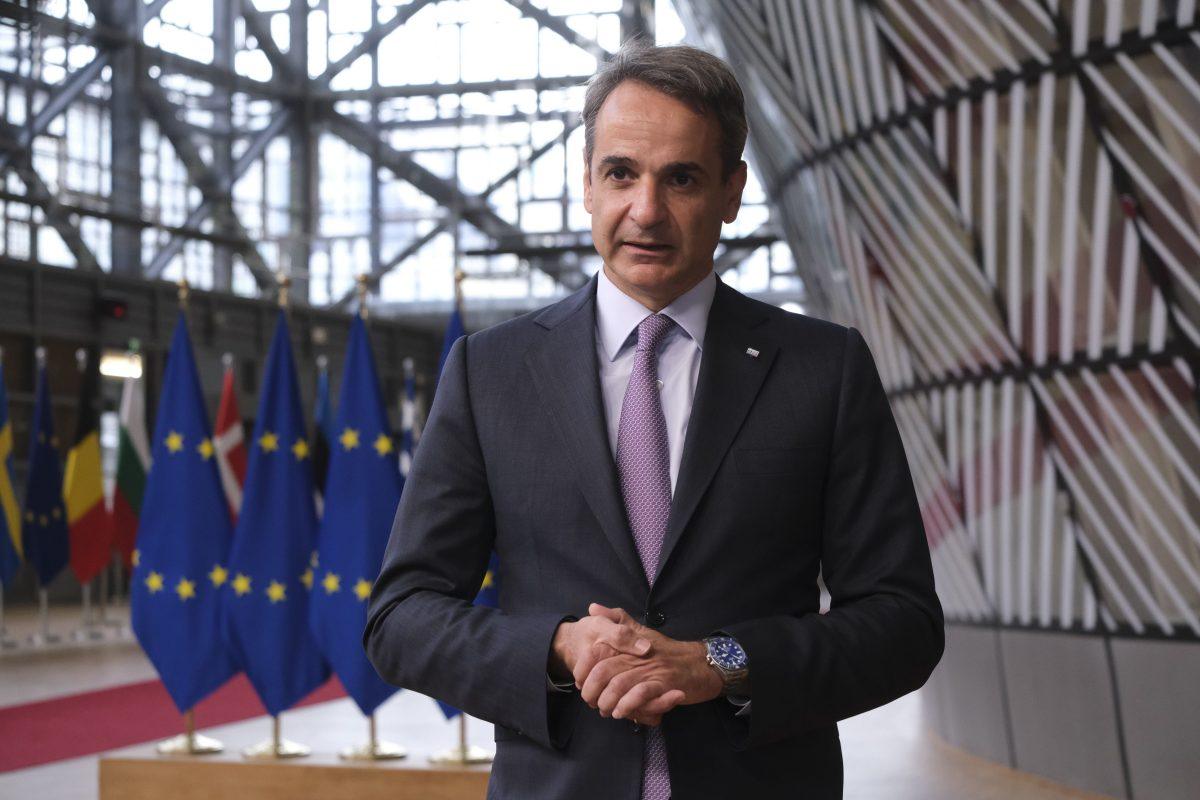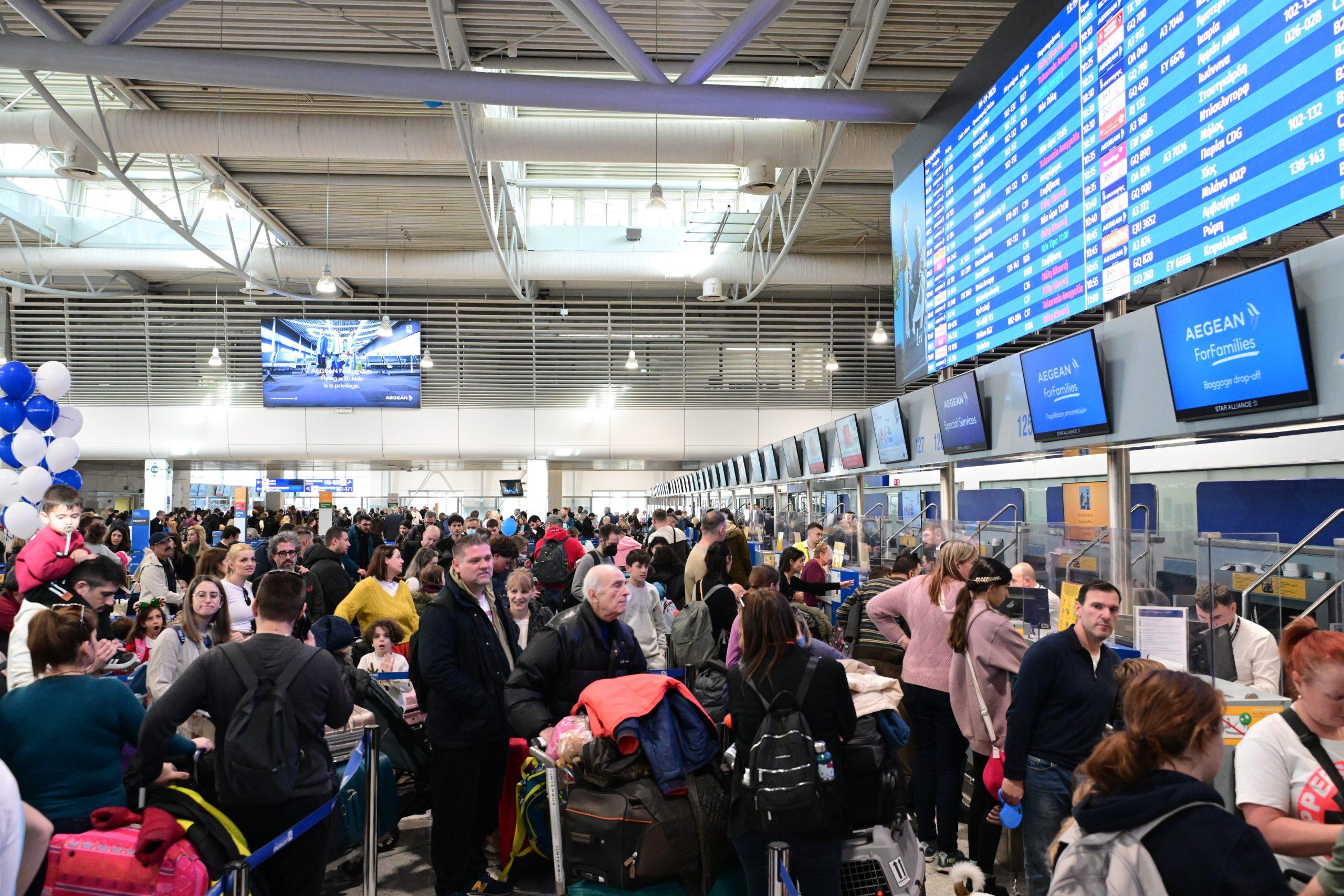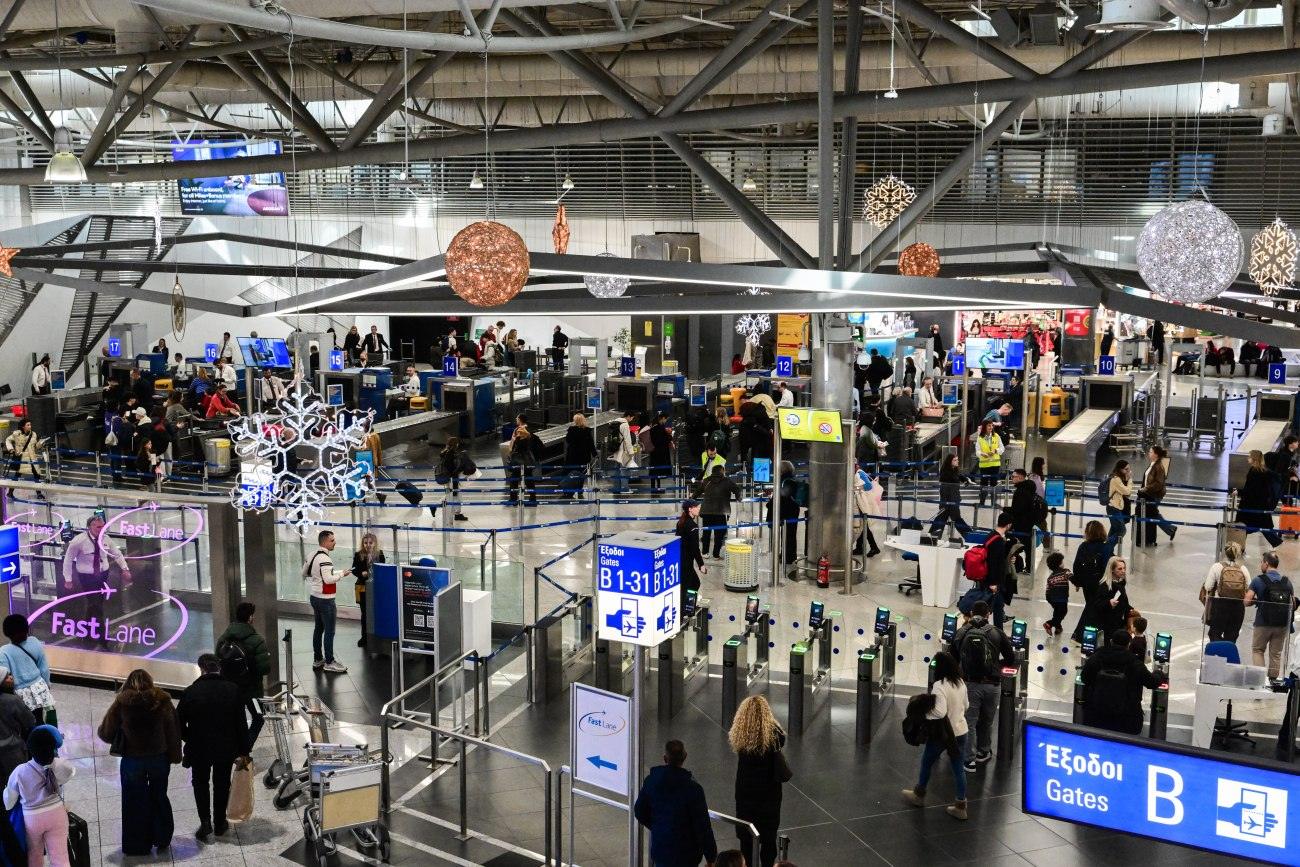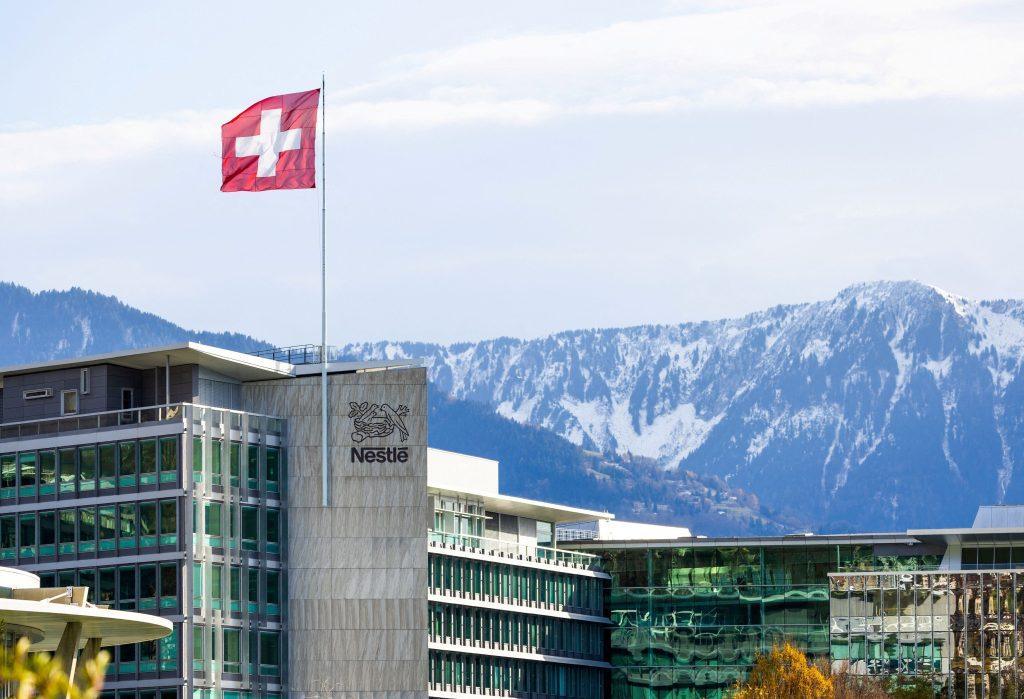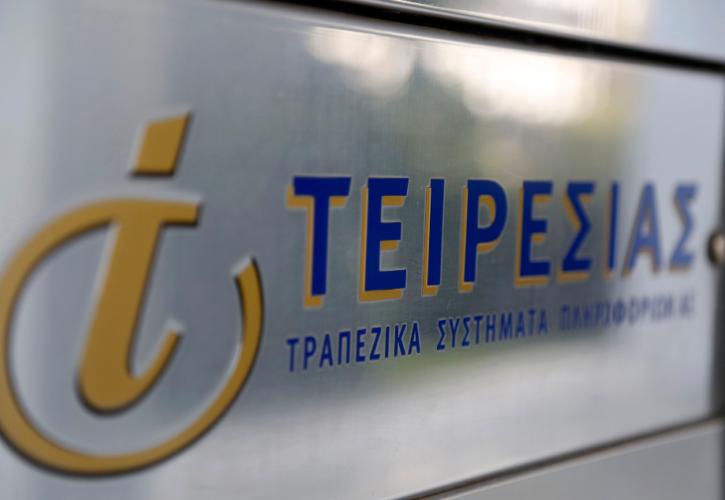Should Vasilissis Olgas Street be pedestrianized or not?
The question that has been at the center of current affairs, as it is a field of confrontation between the outgoing mayor of Athens, Kostas Bakoyannis, and the newly elected mayor, Haris Doukas, is not new.
The plan for the renovation and re-operation of the Athens Olympic Stadium facilities
It made its appearance in the late 1990s. It was shelved in view of the Olympic Games. It was “re-opened” in 2010, to again be shelved due to the memorandum obligations.
It had been calculated in the past that Roman antiquities would be found at a depth of less than 20 cm, a fact that was proven by the current excavation work.
And now a new round of debates on the subject is beginning, more intense than ever, as its implementation is underway for the first time.
The pedestrianization of this road is considered important because it will connect the Zappeion Megaron and the National Garden with the Temple of Olympian Zeus, creating a 120 acre park.
At the same time, it will connect the old Olympic Stadium, known as Kallimarmaro with Dionysiou Areopagitou street, completing the archaeological walk of a total length of 4 km. with the starting point at Kallimarmaro and the final destination in the area of Gazi, joining the six most important archaeological sites of the city: the temple of Zeus, Acropolis, Filopappou hill, Ancient Agora, Roman Forum, and Kerameikos.
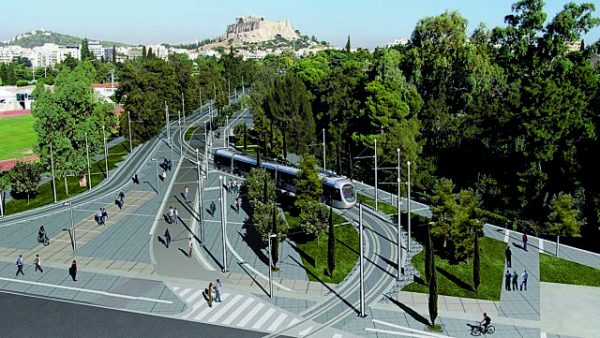
The plan for the reconstruction of Vasilissis Olgas street was foreseen in the joint ministerial decision (Economy and Finance, Ministry of Economy and Culture) that defined the founding statute of the Organization for the Unification of Archaeological Sites of Athens, which was published in 1997.
The plan for the reconstruction of Vasilissis Olgas street was foreseen in the joint ministerial decision (Economy and Finance, Ministry of Economy and Culture) that defined the founding statute of the Anonymous Society for the Unification of Archaeological Sites of Athens, which was published in 1997
The studies were approved in 2001 by the Central Archaeological Council and were to be implemented in view of the Olympic Games, like most of the projects included in the Great Archaeological Walk.
However, the redevelopment was not implemented, with opinions differing as to the reason for its non-implementation. One version wants the postponement to be due to security reasons imposed by the International Olympic Committee.
The second, which does not confirm the first, claims that the project did not proceed due to lack of time, as it was expected that Roman antiquities would be located at a depth of less than 20 m. they started with the current mayoral authority.
The budget
The redevelopment of Vasilissis Olgas into a light traffic road came back to the fore in 2010. The budget for the project at that time was 4 million euros, money that had been secured by the Regional Business Program of Attica.
The study was updated as a decade had passed since the one originally submitted in 2001, by the architectural office of Giorgos and Niovis Proveleggiou. One of the issues that has troubled the authorities since then as to whether or not Vasilissis Olgas should operate as a light-traffic road is whether blocking the passage of cars on a permanent basis will burden the traffic on the surrounding roads.
The study that was made public in 2010 under the signature of transport expert Nikos Voskoglou calculated that the average speed in Ardittos during peak hours, which was 19 km. per hour, was expected to fall to 9 km.
A second problem was related to the tourist buses parked along the disputed road. However, even then the projects were left on paper, as unification of archeological sites plans was shelvedwithin the framework of the memoranda obligations.
For the third time, the subject of the redevelopment of Vasilissis Olgas as a light traffic road was brought up again in 2020 by the current mayor, Kostas Bakoyannis, updating the Proveleggio study.
